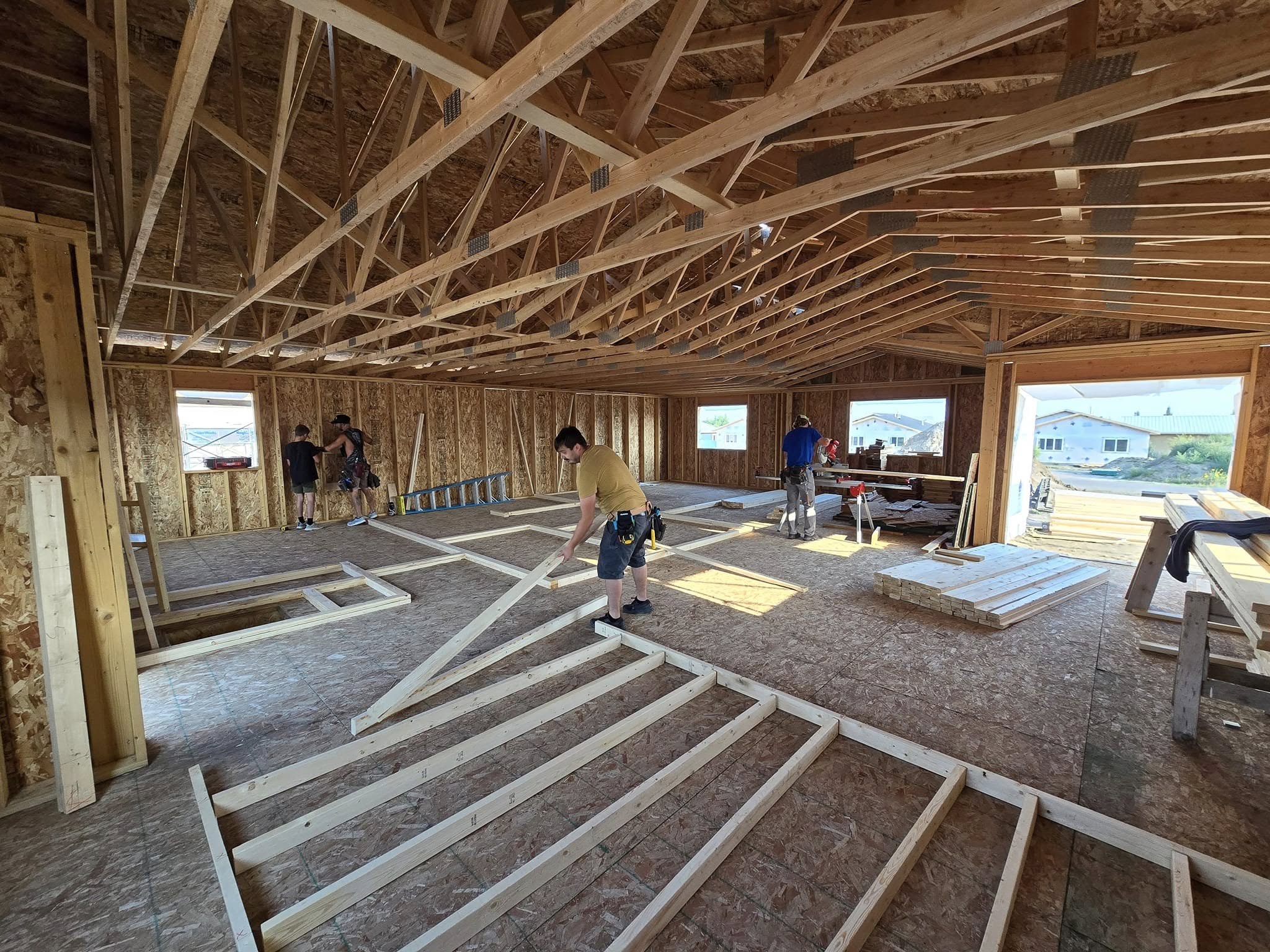The Obama Budget represents the beginning of a meaningful reform of the U.S. tax code, a reform that is long overdue. In an earlier post on Rooflines , I had quoted Warren Buffet as saying:
There’s class warfare, all right, but it’s my class, the rich class, that’s making war, and we’re winning.
The proposed Obama Budget tries to even the playing field just a little. In this sense, it represents a beginning for meaningful tax reform that will bring some sense of fairness to the tax code. We currently have a situation where, owing to the numerous available deductions and loopholes in the tax code, some office assistants in doctors’ offices are paying higher average tax rates than the vastly more affluent doctors that they work for.
The Obama Budget plugs some of the loopholes and restricts some deductions for the affluent.
I commend the proposed Obama Budget for the following items that I think moves the U.S. tax code in the direction of fairness:
- The value of itemized tax deductions will be reduced for the wealthy.
Two big components are: 1) the home mortgage-interest deduction; and 2) deductions for charitable giving
- Households that currently pay marginal income tax rates of 33% and 35% would be able to claim mortgage-interest deductions only at the 28% rate. This will take effect in 2011. What this means is that these households will take their mortgage-interest deduction from lower slabs of their income, not their top slab. Mortgage-interest deduction is the largest housing subsidy program of the government and is very regressive. Most low and moderate income homeowners don’t receive this subsidy because they don’t take itemized deductions. This proposal in the Obama Budget makes mortgage interest deductions just a little less regressive.
- Tax deductions for charitable giving will be reduced for wealthier Americans.
- Capital gains taxe rates for high-income Americans is to be raised from 15% to 20%.
- The Bush-tax cuts on wealthy Americans will expire in 2011.
- Higher taxes on wealthy farmers and agribusiness.
- The current federal estate tax rules will continue, rather than allowing the estate tax to disappear entirely in 2010, as was scheduled. The top rate on estate tax will continue at 45%. (I feel that a nation that prides itself for being made up of self-made men and women ought to support a 100% or higher estate tax rate. Of course, I don’t expect that to happen, but am certainly glad that the estate tax is not being eliminated).
Other proposals, in the budget, of interest to the housing and community development folks are:
- $1 billion in funds for an affordable-housing trust fund which was created through legislation last year. (The fund was to have been financed by a share of profits from Fannie Mae and Freddie Mac, but that plan was suspended when it became clear that these GSEs are not going to be generating any profits in the near future).
.
- $4.5 billion to HUD’s Community Block Grant Program, which provides federal funds to local governments to develop affordable housing.
- A currently unspecified increase in funding for rental-housing vouchers for poor and moderate-income families.
- Funds for HUD to combat home mortgage fraud and predatory practices; this includes increased funding for fair housing enforcement.
Overall, this is an honest and courageous budget. The voting on this budget will confront each Member of Congress with the question: “Are you for tax fairness or against it?” and the most important question: “Can you at last loosen the shackles of the Vested Interests and vote for what is good for the nation?”
Rep. Jim Cooper (D., Tenn.), a Blue Dog in Congress, described the budget thus:
This is more honest than any budget in many, many years. That also means it’s also ugly. I welcome the honesty. I think it’s time for Americans to grapple with fundamental problems and not pretend that wars are free and things like that.
A decade from now, historians will see that the honesty and courage of the Obama Budget saved America.




See related article in the New York Times by David Leonhardt titled “A Bold Plan Sweeps Away Reagan Ideas” (February 26, 2009)
https://www.nytimes.com/2009/02/27/business/economy/27policy.html?emc=eta1